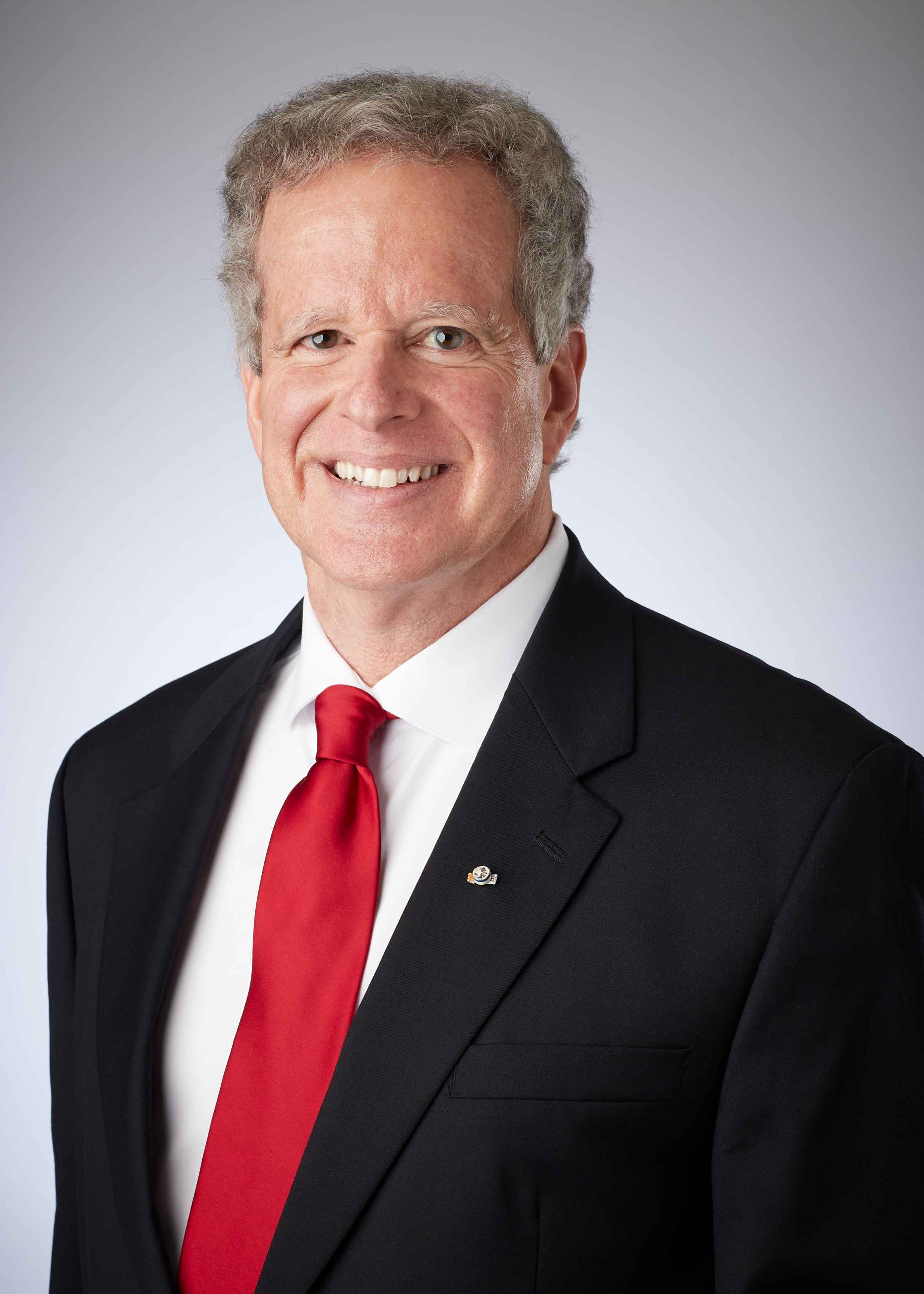 Alberto R. Coll has been a DePaul College of Law faculty member for nearly 20 years, and as director of global engagement, he plays an instrumental role in the law school's international law and international human rights law programs, as well as its study abroad programs.
Alberto R. Coll has been a DePaul College of Law faculty member for nearly 20 years, and as director of global engagement, he plays an instrumental role in the law school's international law and international human rights law programs, as well as its study abroad programs.
Professor Coll credits his interest in international law and politics to growing up in Cuba. As a boy, he saw his father arrested by Castro's security forces and sent to prison for nine years for political opposition. His mother, an attorney, feared for his future, so she sent him out of the country at the age of 12—he would not see his parents again for another 10 years. Arriving in the U.S. a penniless refugee and unable to speak any English, he eventually made it to Princeton University on a full scholarship and, from there, to the University of Virginia where he earned a JD and a PhD in Government and Foreign Affairs.
After teaching for several years at Georgetown University, he joined the Naval War College in Newport, Rhode Island, becoming the youngest holder of the Charles H. Stockton Chair of International Law in its 100-year history. A few years later, the George H.W. Bush administration appointed him principal deputy assistant secretary of defense (the civilian equivalent of a three-star general), where he helped set policy and oversee a $3-billion budget for all American special operations forces. He recalls those years as a formidable, priceless experience. “Moving from the world of ideas to that of policy allowed me to see what happens when choices have real world consequences. You learn that good intentions are often a small part, the easiest part, of achieving worthwhile ends."
Professor Coll later returned to the Naval War College, where he became dean. One of his proudest accomplishments was to create a research center on China in 2001, which quickly became the U.S. Navy's premier think tank for tracking the Chinese Navy and its actions in the Pacific.
Professor Coll joined DePaul Law in 2005. Fluent in Spanish language and culture, he has inspired DePaul Law to increase its international focus through the creation of study abroad programs in Spain and Latin America, including one with the University of Havana Law School, where his mother–still living—graduated in 1947. His goal is to create a network of six to eight partner universities throughout South America and Europe that will motivate international students to come to DePaul Law to earn LLMs and JDs.
A prolific author, Professor Coll has written and edited several books and dozens of articles. His scholarship focuses on what happens when the principles of international law and morality run into the realities of international politics, while advocating for the universal values of “a world at peace with enough economic prosperity and political freedom to enable all people to lead lives of dignity, achieve their personal dreams and think for themselves." He also shares his perspective regularly to the press on a variety of issues.
He acknowledges that over the past two decades we have witnessed major changes in the geopolitical context within which international law operates, and that “our world is becoming highly unstable." Professor Coll believes that today's biggest threat is the rising power and aggressiveness of China, Russia and Iran–neo-totalitarian regimes that “are hostile to democratic and pluralistic societies like ours."
He also recognizes the importance of strengthening American alliances (the subject of his latest academic article) politically, economically and militarily. “I am a big believer in peace through strength, and I never want to see a catastrophic war in my lifetime or my grandchildren's lifetime. The best way to prevent that is by being strong. Careful and prudent, but strong."
Professor Coll also wants to make sure his students gain a better understanding of the world through means such as “serious reading," to help all his students become serious thinkers, and through conversations that are open and civil.